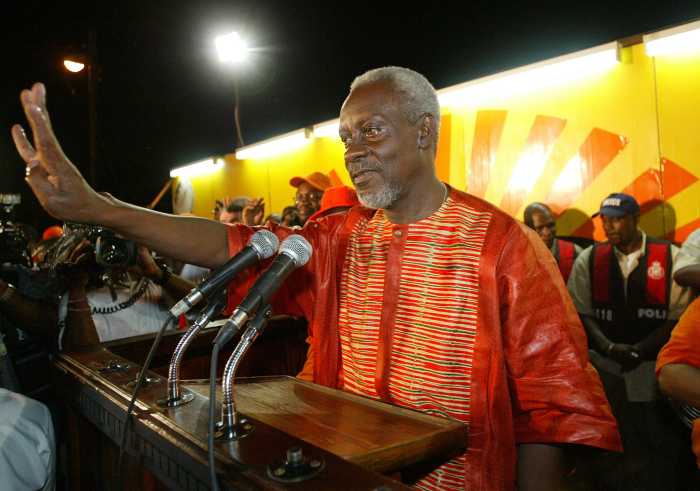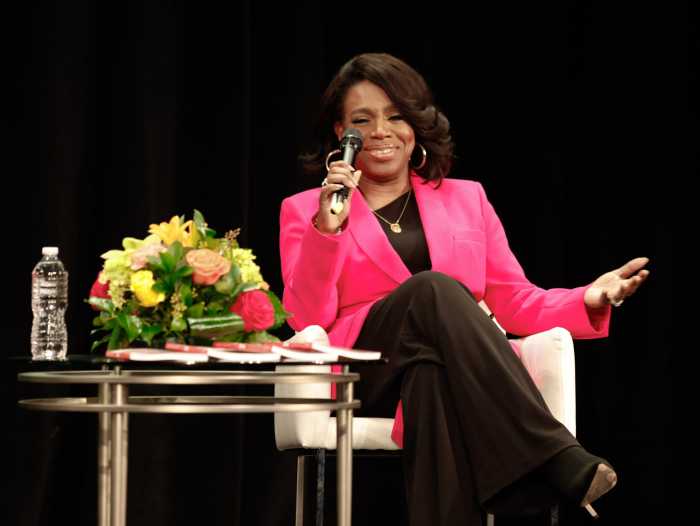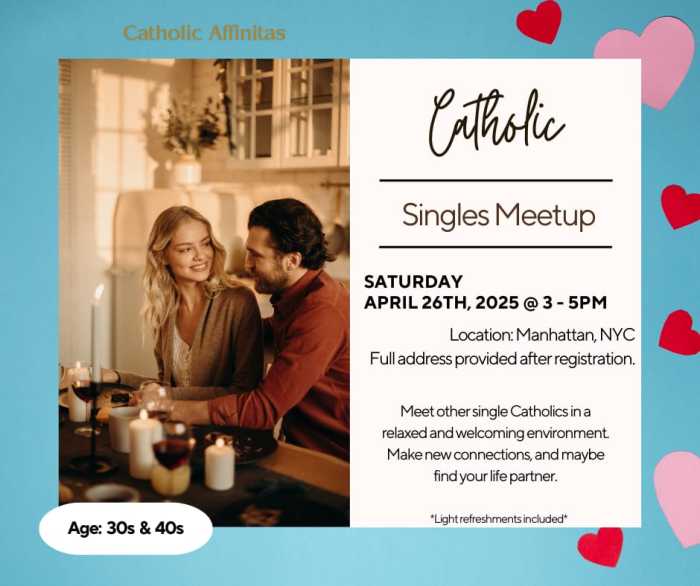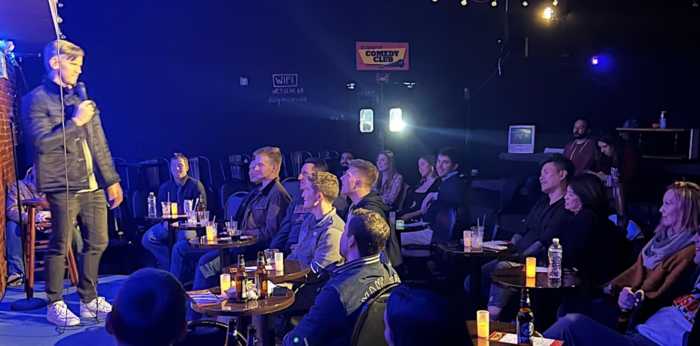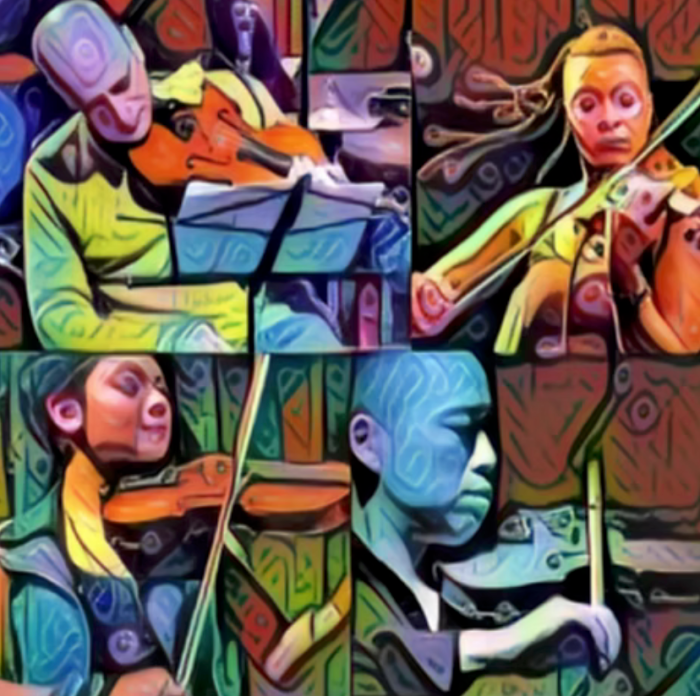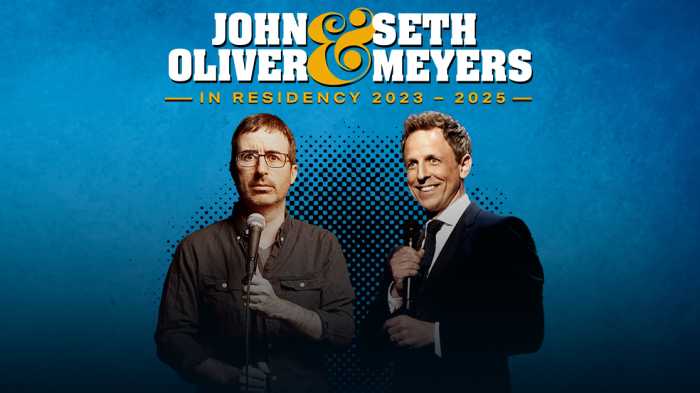One year before the untimely May 11, 1981 passing of reggae superstar Bob Marley, on Sept. 19, 1980 the Rastafarian musician opened for the first of a two-night concert with rhythm & blues legends The Commodores at Madison Square Garden and many of his fans have not stopped talking about what transpired that evening.
True, the king of reggae stole the spotlight and yes, many patrons left the 19,000 seat capacity venue after he performed.
However, less talked about is the October to remember, five-night concerts Marley rocked in Harlem at the world-famous Apollo Theater.
They began almost a year earlier on Oct. 25, 1979 and his manager, the late Don Taylor maintained that these uptown dates were far more memorable than the mid-town dramatic showcase that prompted patrons to exit the venue before the headliners took the spotlight.
According to Taylor, Marley yearned to reach the vast Black audience who seemed late on discovering his reggae music. Taylor explained to yours truly that although Europeans and whites in the USA had an inkling of the drum and bass powered, Jamaican rhythm as well as the Rastafarian shepherd who fronted a group called the Wailers, the sound for the most part eluded Blacks in America.
At the time, Black radio represented urban contemporary music and the champion of that powerful medium was Frankie Crocker, program director and radio personality at WBLS-FM. Not only was Crocker the ruler of the airwaves, he was also the most-sought-after promoter of Black music and emcee in the entire country.
Know that, Taylor was no pushover either. He had built a reputation with associations to a roster of r&b names the likes of Little Anthony & The Imperials, Marvin Gaye, Martha Reeves & the Vandellas, Sam Cooke, Chuck Jackson, LA & Babyface and British Soul II Soul frontman Jazzy B. Taylor’s relationship with Jimmy Cliff and later Gregory Isaacs, Burning Spear and others are also well documented.
Living in California, he maintained friendly relations with some of the nation’s major radio personalities.
“Hollywood” Frankie Crocker was more than a colleague.
He and Taylor were friends, buddies and party pals.
The author of the autobiography “Marley & Me” told me that throughout the years he had given Crocker new record releases and kept him abreast of tours and significant events in Marley’s career. Taylor said he approached Crocker about Marley playing the Harlem landmark ‘where stars are born and legends are made.”
Taylor said in order to make Marley’s appearance profitable Crocker asked for a series of concerts. It was Crocker’s promise to Taylor that if Marley could sell the much smaller Apollo for a few nights he would definitely book him on one of the major r&b concerts he regularly produced at MSG.
Together they sealed a deal for seven nights in New York City, Taylor explained.
“Greetings in the name of His Imperial Majesty, Emperor Haile Selassie, Jah Rastafari, who liveth and reigneth I’n’I itinually ever fearful, ever sure,” Marley declared each night.
On the first night Marley was on his way to breaking through what seemed like an impenetrable barrier that distinguished Black music from pop.
October marks the 35th anniversary of those memorable dates.
On Nov. 29, a commemorative concert headlining The Wailers, Third World and special guests will mark Marley’s Apollo Theater debut. Featuring the “true titans of today’s reggae scene” two performances – 8:00 p.m. and 11:00 p.m. – almost guarantees that “the spirit lives…it’s living in the people…and it will never die.”
Revered to be “the greatest living exponents of Jamaica’s reggae tradition,” The Wailers have played to an estimated 24 million people across the globe.
“Reggae Ambassador,” Third World is hailed for fusing funk, Philly soul, hip-hop, South African township music and disco influences into their classic reggae sound.”
Together they will recall the atmosphere and spirit that probably propelled Marley to introduce his “Natural Mystic” composition saying “There’s a Natural Mystic blowing through the air!” “Yeah! Rastaman Vibration is positive!” he said before singing his now iconic recording “Positive Vibration.”
Note that after the historic New York engagements, later that same year in December, Marley & The Wailers traveled to Trinidad & Tobago and Nassau, Bahamas for their first performances in those Caribbean countries.
Catch You On The Inside!


